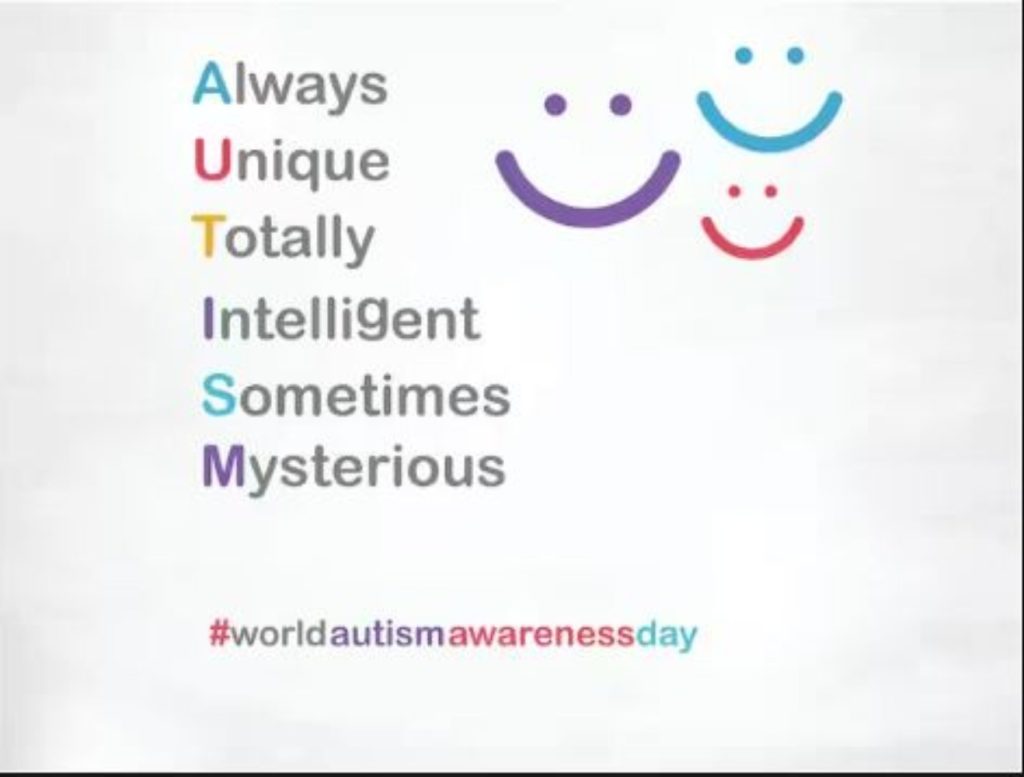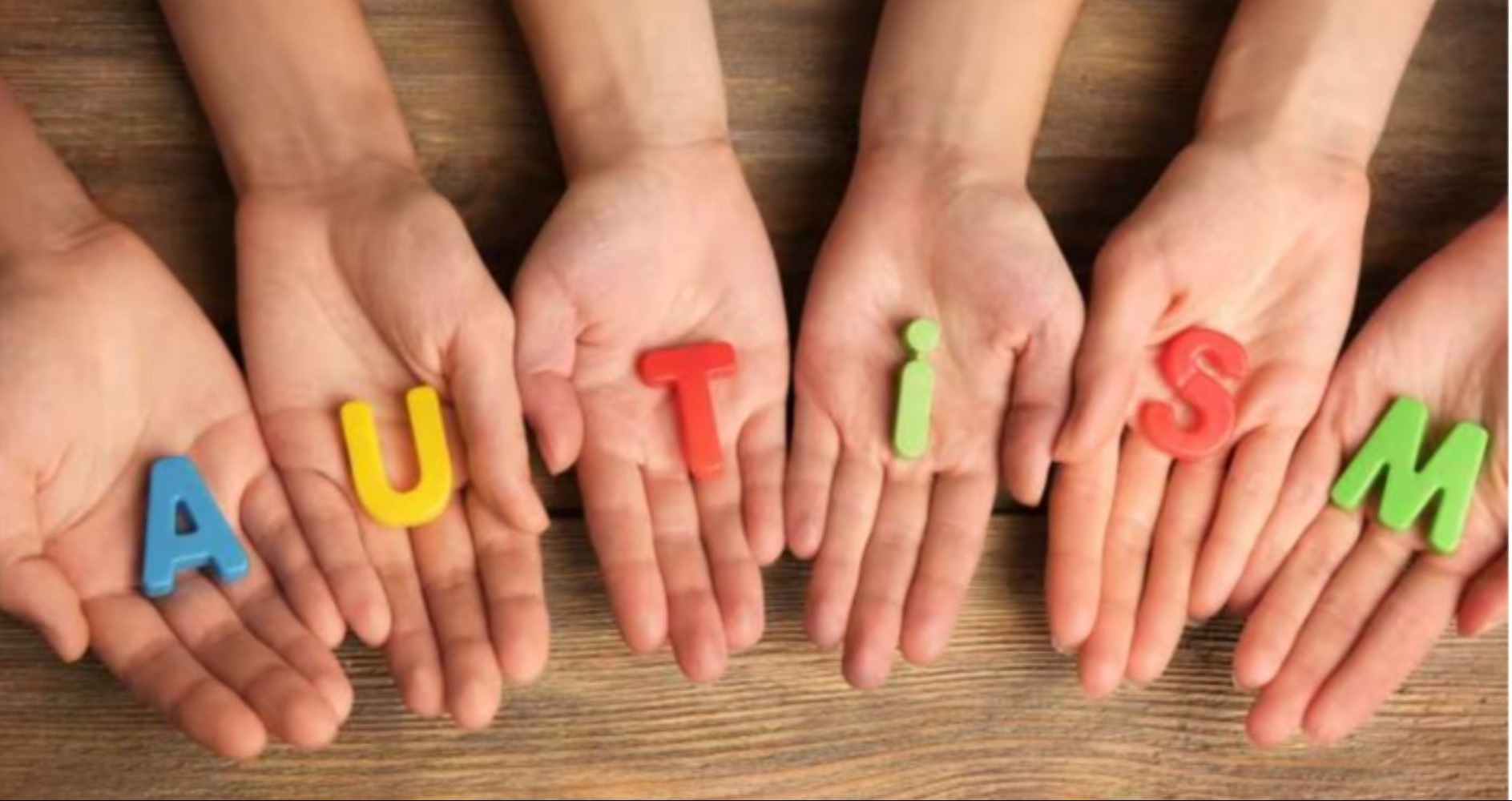It’s essential to recognize and celebrate the unique abilities of each person with autism without imposing unrealistic expectations.

April 2nd marks an important day on the global calendar – World Autism Awareness Day. It’s a day dedicated to raising awareness about autism spectrum disorder (ASD), a complex neurodevelopmental disorder that affects millions worldwide.
To subscribe please click tau.id/2iy6f and access our live channel.
Autism has especially historically been misunderstood, which the concept of neurodiversity is trying to challenge. The idea is that when we look at how human brains are wired objectively, we can see a great diversity of thinking and communication styles.
MUST CHECK: Understanding the Highs & Lows of Bipolar
Understanding Autism
Autism is a spectrum disorder, which means that it manifests differently in each individual, ranging from mild to severe. It is a lifelong developmental condition that affects how individuals perceive the world and interact with others. It’s characterized by a wide range of symptoms, including difficulties in social communication and interaction, repetitive behaviors, and sensory sensitivities.
There is a broad scale when it comes to autism. Some people with autism need assistance to live their lives. Many, however, do not. Some people with autism have superior levels of cognitive ability and intelligence.
Autism can also be characterized by specific behaviours in reaction to sensations as well as by having a focus on details and on one task at a time.These qualities can be an advantage in some areas of work, in order to give employment opportunities to people with autism, and with great results.
Myth Busters for Autistic People
For many years, autism has been surrounded by misconceptions and myths. These misconceptions often lead to misunderstandings about the disorder and those who are affected by it. Let’s explore and dispel some common myths around autism that have persisted over time.
- Autism Is A Disease: A BIG NO! It is a neurodevelopmental disorder that affects individuals differently. Therapy and professional intervention can help them lead independent, meaningful lives.
- Autistic Individuals Lack Empathy: ARE YOU SURE? Many autistic individuals demonstrate deep empathy and compassion towards others, although they may struggle with recognizing social cues or expressing their emotions in conventional ways.
- Autism Is Caused By Vaccines: SERIOUSLY! The belief that vaccines cause autism stems from a debunked study in the late 1990s. The study that originally claimed this link was found to be deceptive and non-replicable.
- Autistic People Have A Savant Skill: While some autistic individuals possess remarkable talents in specific areas such as mathematics, music, or art, not every person with autism exhibits savant abilities. Autism is a highly diverse spectrum, and strengths and challenges vary widely among individuals.
- Autism Leads to Learning Disability: Everyone, including those with autism, has the capacity to learn and grow. Understanding an individual’s needs and learning style is key to providing effective education and support.
- Bad Parenting Cause Autism: Attributing autism to bad parenting is not only false but also harmful. Autism is not caused by parenting style or lack of warmth. Autistic individuals are born with their condition, and it is not a result of parenting practices.
- Individuals Outgrow From Autism: Autism is a lifelong disorder; individuals do not “grow out of” it. While early intervention and therapy can significantly improve outcomes for individuals with autism, it’s important to understand that autism persists into adulthood.
Promoting Acceptance and Inclusion
Education is key to dispelling myths and challenging misconceptions about autism. By promoting accurate information and fostering understanding, we can create a more inclusive world where individuals with autism are valued for who they are. It’s not enough to simply acknowledge the existence of autism; we must strive to create a society that embraces neurodiversity and respects the unique perspectives and experiences of all individuals.
Conclusion
The spectrum of autism ranges from severe cases, where individuals may have intellectual impairments and minimal spoken language, to high-functioning autism, where individuals often have average or above-average IQ but struggle with subtle aspects of communication such as body language.
As we commemorate World Autism Awareness Day in 2024, let’s commit ourselves to breaking down barriers and building a more inclusive society. By challenging myths and stereotypes, advocating for acceptance and understanding, and supporting individuals with autism, we can create a world where everyone has the opportunity to thrive, regardless of their neurodiversity.



